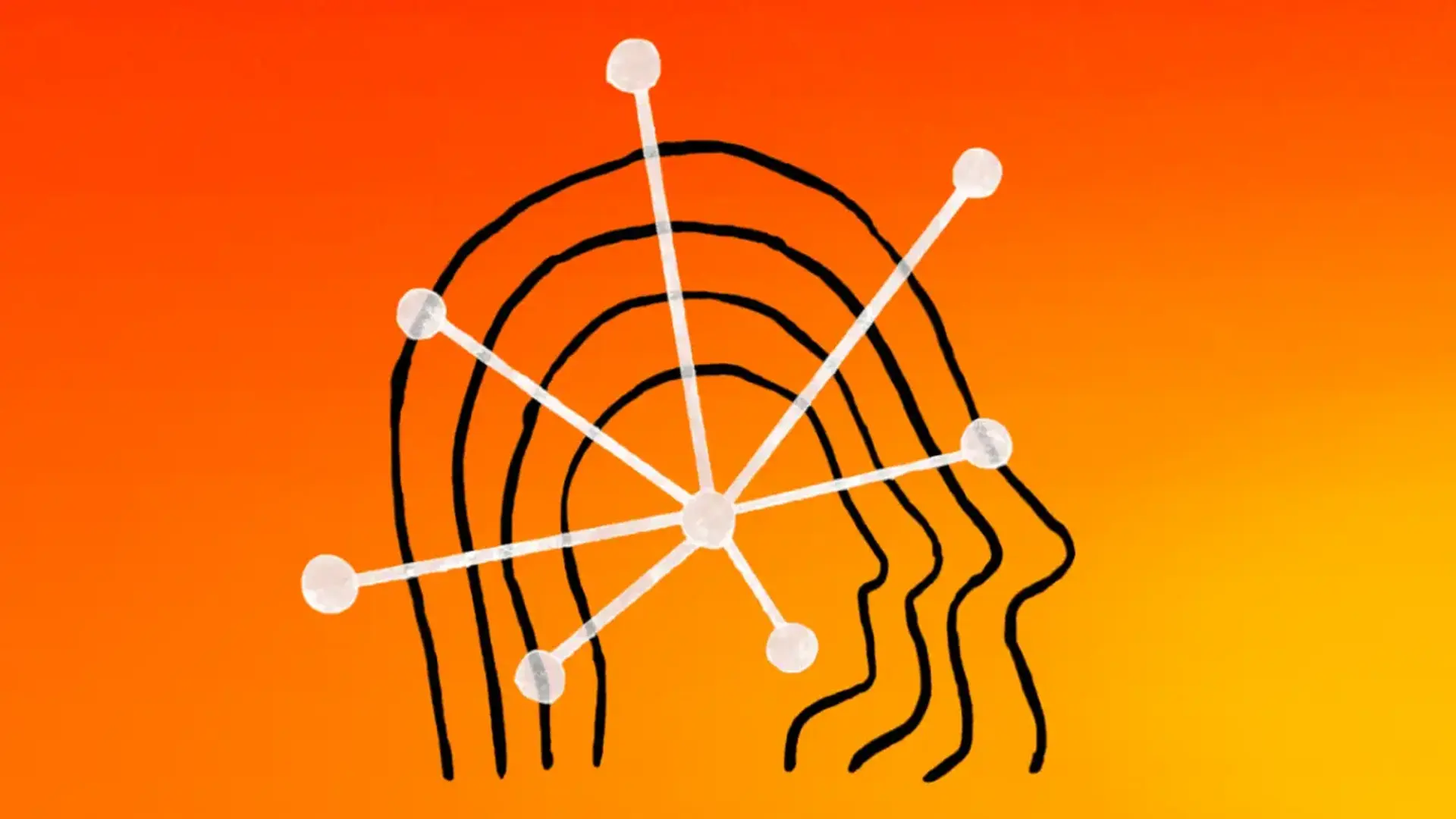Anthropic has issued a takedown notice to a developer attempting to reverse-engineer its coding tool, sparking controversy within the developer community. The move has raised concerns about transparency and the extent to which companies can control how their tools are examined. Reverse engineering is often used to understand software functionality, identify vulnerabilities, and ensure compatibility. Anthropic's action could set a precedent for how AI companies protect their intellectual property, potentially stifling innovation and open-source contributions.
The takedown notice highlights the tension between protecting proprietary technology and fostering a collaborative environment within the tech industry. While companies have a right to safeguard their intellectual property, overly restrictive measures can hinder the kind of community-driven improvements that benefit everyone. The debate is likely to continue as AI tools become more prevalent and developers seek to understand their inner workings. The incident underscores the need for clear guidelines and a balanced approach to intellectual property rights in the rapidly evolving field of AI development.
The implications of this action could extend beyond Anthropic, influencing how other AI developers approach reverse engineering and community engagement. The industry will be watching closely to see how this situation unfolds and whether it leads to a broader discussion about the ethics and legality of reverse engineering AI tools.
Related Articles

Anthropic: AI model transparency by 2027
Read more about Anthropic: AI model transparency by 2027 →
AI Policy: Public Weighs In
Read more about AI Policy: Public Weighs In →
Anthropic studies AI 'welfare'
Read more about Anthropic studies AI 'welfare' →
Adobe Proposes AI Image Opt-Out
Read more about Adobe Proposes AI Image Opt-Out →
